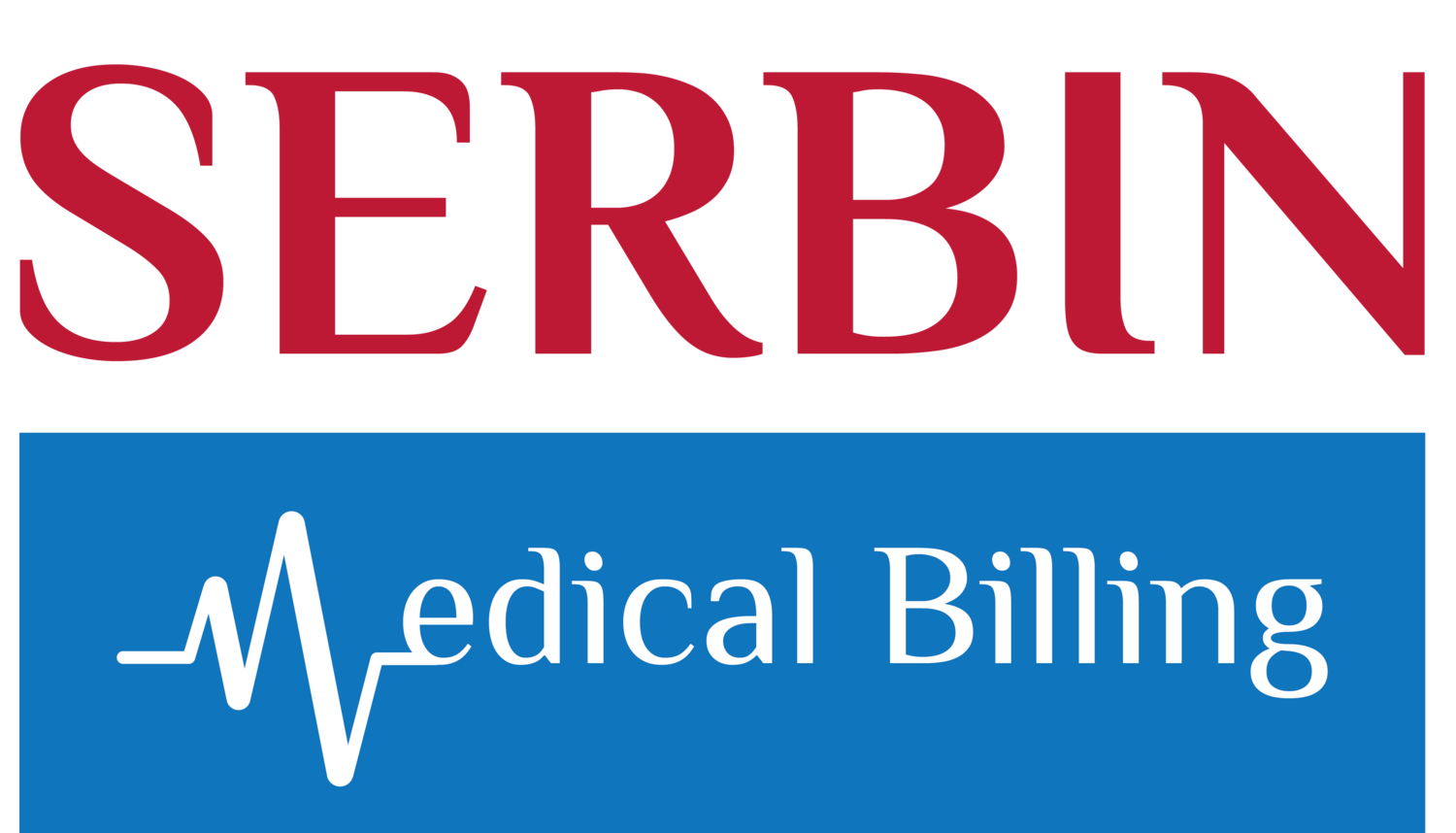Special Report:
Avoiding Revenue Cycle Fraud and Abuse in Your ASC
They're hard to miss these days: news reports about healthcare entities being charged with Medicare billing fraud, resulting in millions of dollars in fines for those involved. The reality for ASCs, like all entities, is that there are areas of their revenue cycle where illegal or non-compliant practices — intentional or unintentional — may lead to prosecution and fines.
The Centers for Medicare & Medicaid Services (CMS) provides ASC-specific billing guidelines and updates on its website. CMS also provides free educational materials for healthcare professionals on programs, policies and initiatives. Among these educational materials is a booklet titled "Medicare Fraud and Abuse: Prevention, Detection, and Reporting." This booklet should be required reading for all coding and billing personnel.
While CMS has set up the most recognized (and perhaps the most abused) guidelines for compliant revenue cycle practices, there are also state regulations and third-party payor guidelines for compliant billing practices. Keeping your ASC safe from fraud and abuse concerning these guidelines and regulations is of paramount importance.
ASC Coding and Billing Areas to Monitor
It's important that all members of your revenue cycle team be aware of these "bad practices" that may lead to non-compliance, unwanted investigation and negative media attention. Here are three areas that can lead to problems if not corrected immediately, followed by a number of tips to help you avoid issues.
1. Billing Medicare for non-existent or cancelled procedures. CMS coding guidelines state that ASCs can code and bill for patients whose procedures are cancelled when they are in the operating/procedure room but prior to the beginning of the procedure. Under no circumstance can Medicare be billed for a cancelled procedure unless the patient is actually in the operating or procedure room. If the patient is in the pre-operative area when the case is cancelled, no charges can be billed to Medicare — even if the patient is on the stretcher and has been prepped for the procedure or has been found to have an infection or cold or other medical condition requiring cancellation.
CMS-provided modifiers are differentiated as before or after anesthesia is given. The fees will be discounted by the payor depending on these factors. However, you may not code or bill for procedures that were not performed. Ensure your coders understand the appropriate modifiers for these occurrences.
2. Knowingly billing for services at a level of complexity higher than services actually provided or documented. Audit your coding department routinely for upcoding procedures (coding for similar, but higher paying procedures) or unbundling procedures (coding separately for multiple procedures that should be coded together). These are some most common areas where fraud can occur.
The key word here is "knowingly." If your coder is purposely upcoding/unbundling to secure increased reimbursement or has been instructed to by management to do so, this represents fraud and may be punished by penalties and possible imprisonment.
Example: The surgeon dictates only cataract, which would be an unspecified code H26.9, but the coder upcodes it to a more specific code, such as H25.89 (other age-related), because the coder assumes "all cataracts are age-related."
3. Knowingly billing for services not furnished, supplies not provided or both, including falsifying records to show delivery of such items. Medical records should include documentation specifying the types and amounts of drugs and supplies used for a case. These records should be signed by the person completing the information. Any person involved in submitting false information (claims) concerning drugs and supplies can be charged with fraud and/or abuse.
Ignorance is not an excuse. Coders are expected to request documentation before coding. Coders can also reference the implant log for specific information about quantity and type of implants used.
Prevention is the Best Cure
The majority of ASCs do not engage in any of the guideline and regulation violations described above. However, establishing and consistently following best practices such as the following is the most effective means to avert these pitfalls.
1. Develop and implement compliant coding policies and procedures using CMS and HIPAA guidelines. Coder credentialing agencies such as American Health Information Management Association (AHIMA) and the American Association of Professional Coders (AAPC) also offer guidance in this area.
2. Develop and implement compliant charge poster policies and procedures.
3. Develop and implement compliant payment poster policies and procedures.
4. Develop and distribute detailed job descriptions so employees understand their responsibilities in the revenue cycle and do not overreach when working to complete these tasks.
5. Establish routine in-services upon hiring and routinely thereafter. Cover step-by-step instructions for each position as well as compliance and HIPAA guidelines. Document employees' attendance at these in-services.
6. Provide coders with access to all coding updates.
7. Perform ongoing monitoring and auditing of revenue cycle processes for accuracy, timeliness and compliance.
8. Follow consistent auditing guidelines, such as the following:
Coding — Audit your coder(s) to ensure they are appropriately billing for allowed supplies and implants. Check for improper amounts or purposefully adding items that were not used. When auditing coding, compare the following to actual coding:
implant log
medical record documentation deficiencies
denial log (look for denials due to coding errors)
Charge Posting — Audit charge posters for accuracy of claims submitted. Charge posters must understand payor contract guidelines and proper sequential order of codes as well as knowing not to swap codes as this may affect reimbursement.
Payment Posting — Audit payment posters for appropriate handling of denials. If the denial reason is classified as "coding error," return the claim to the coder for correction. Payment posers should never attempt to correct such denials as this may lead to non-compliance.
By creating and following coding and billing best practices as well as educating and monitoring the business office team in these policies, you are building a security firewall to help prevent revenue cycle-related fraud and abuse in your ASC.
Request Consultation

